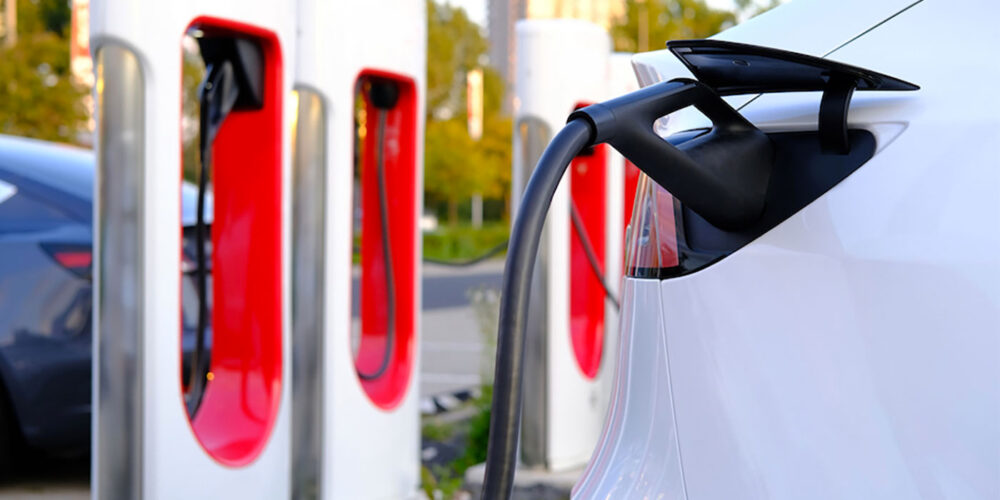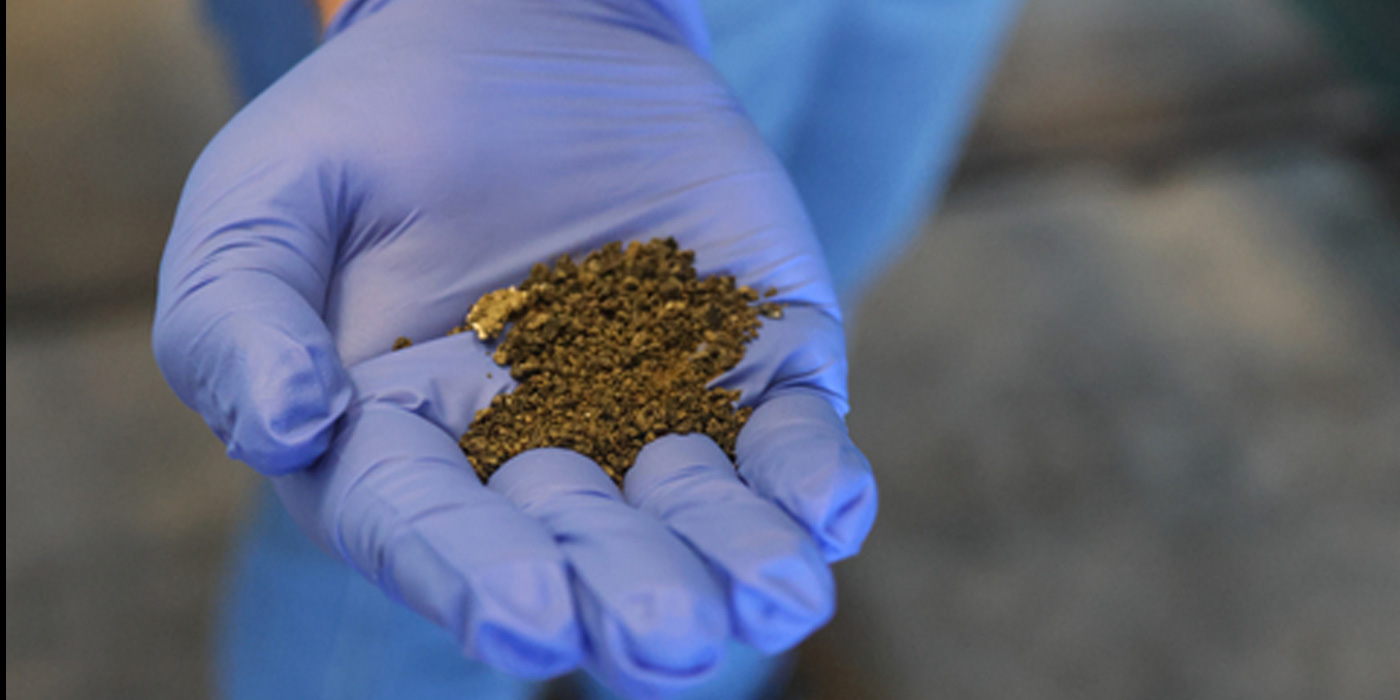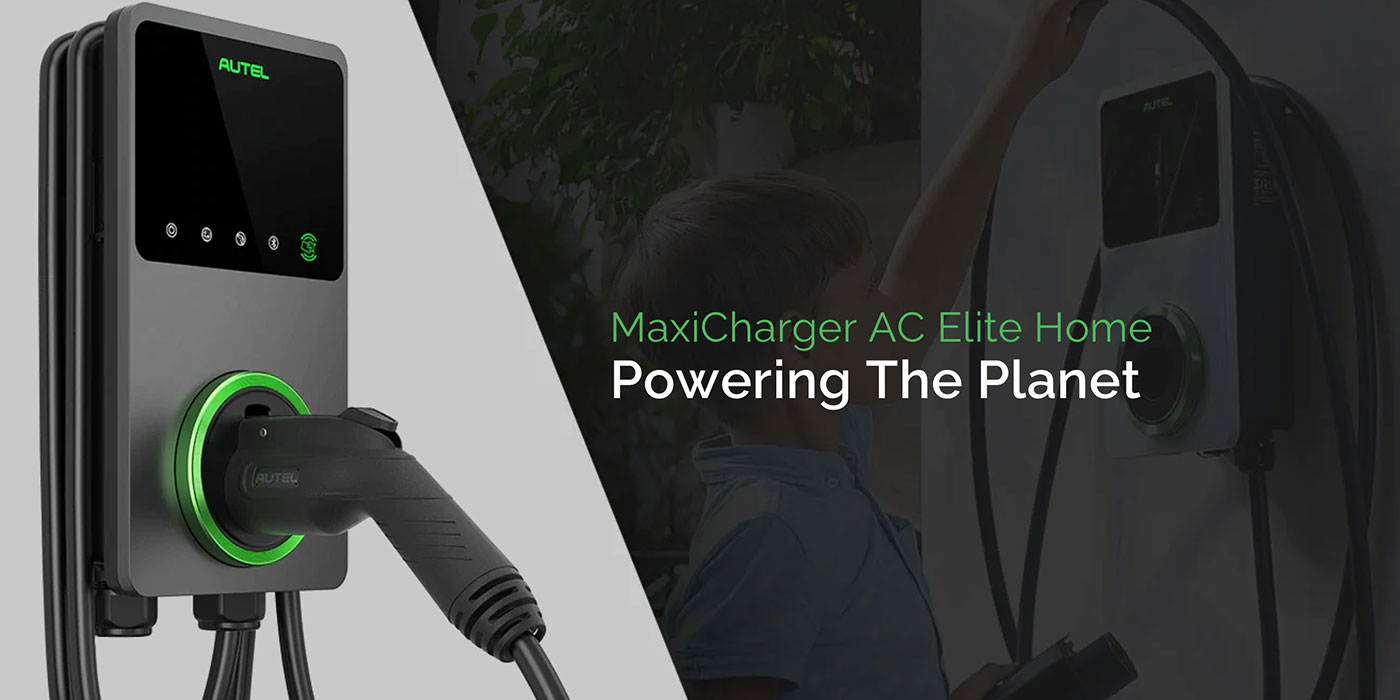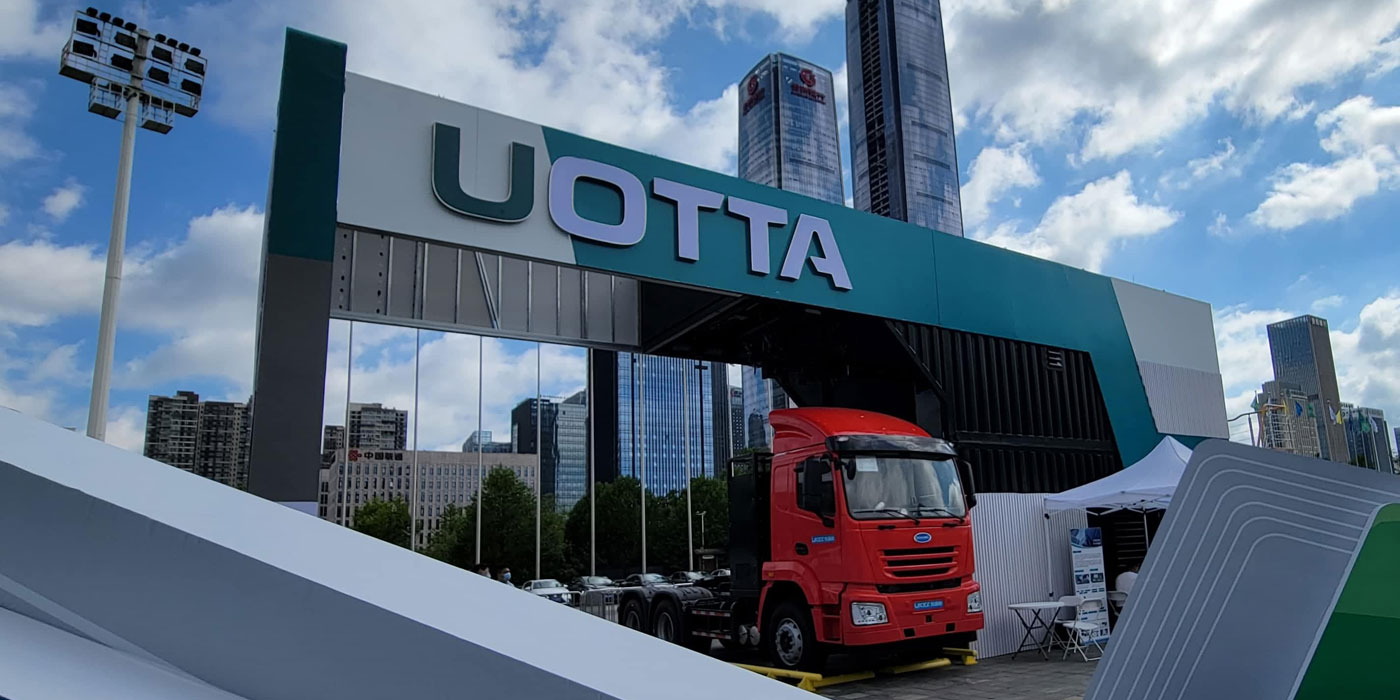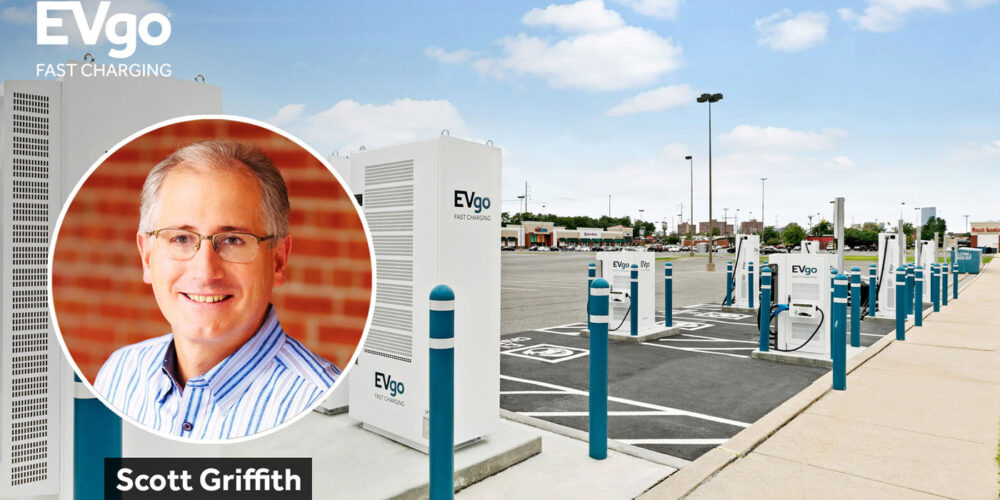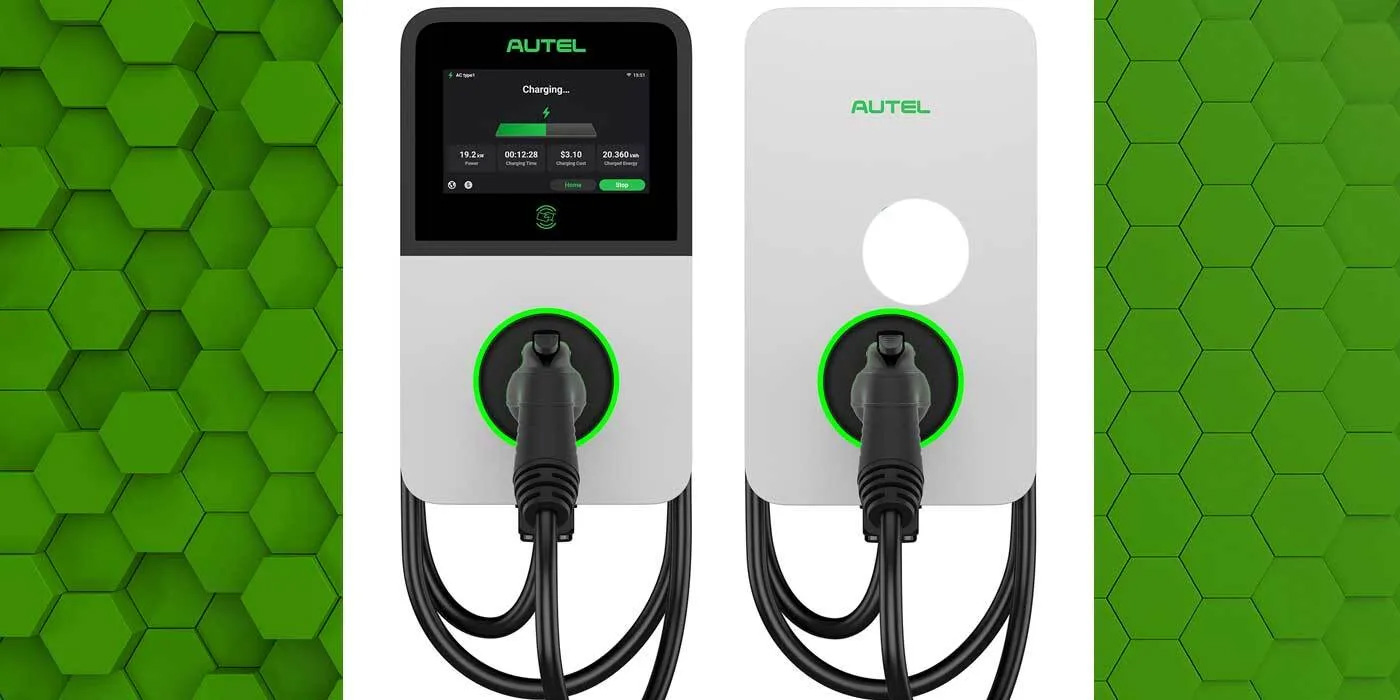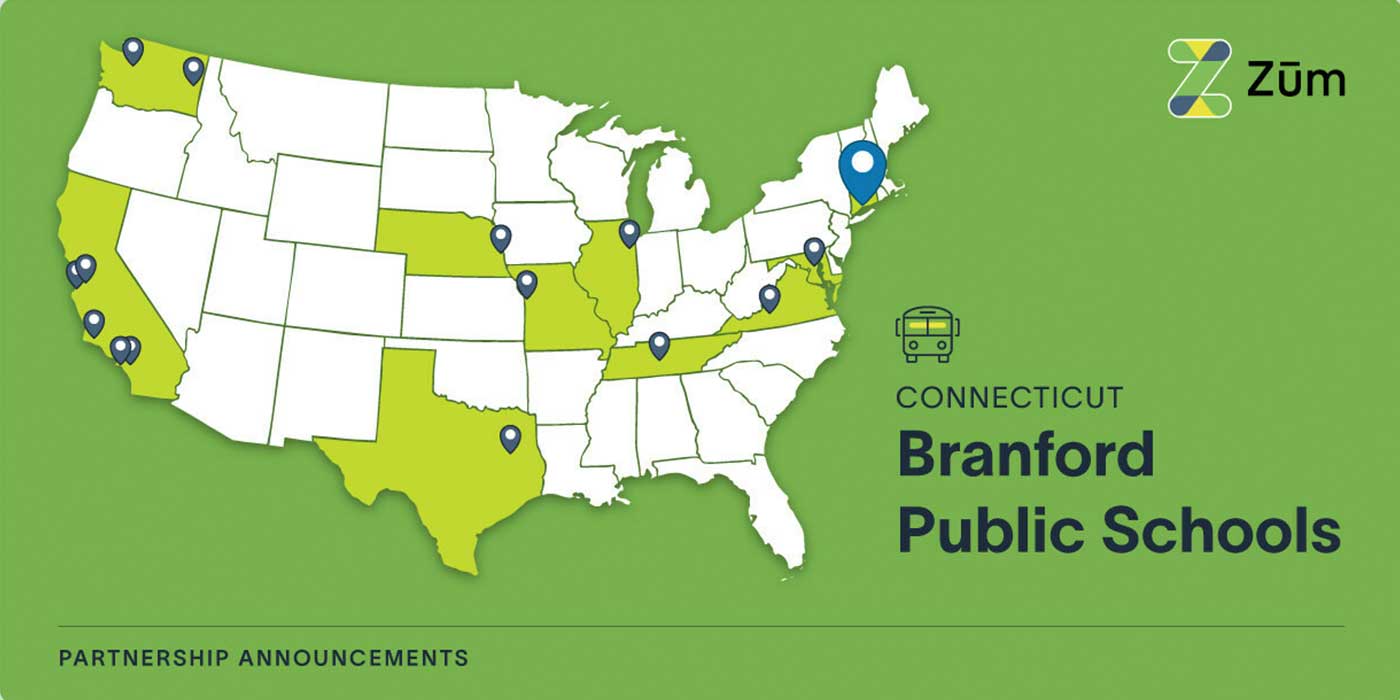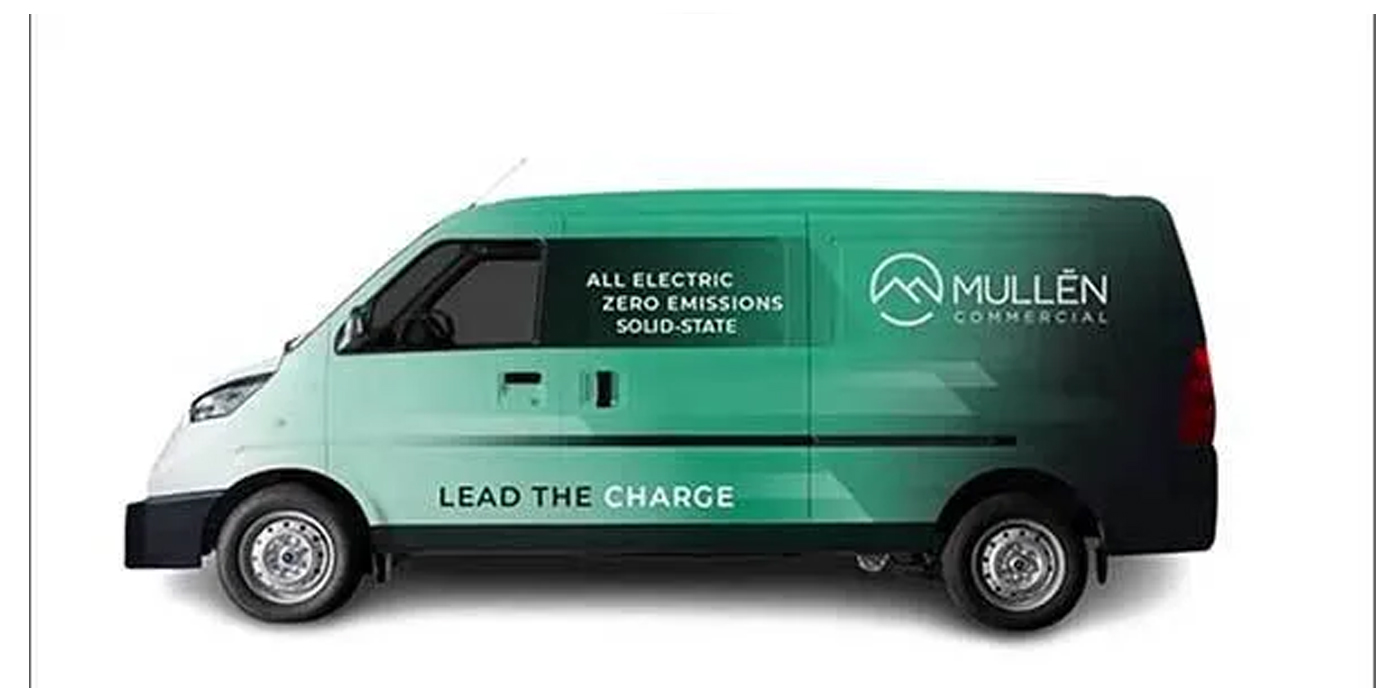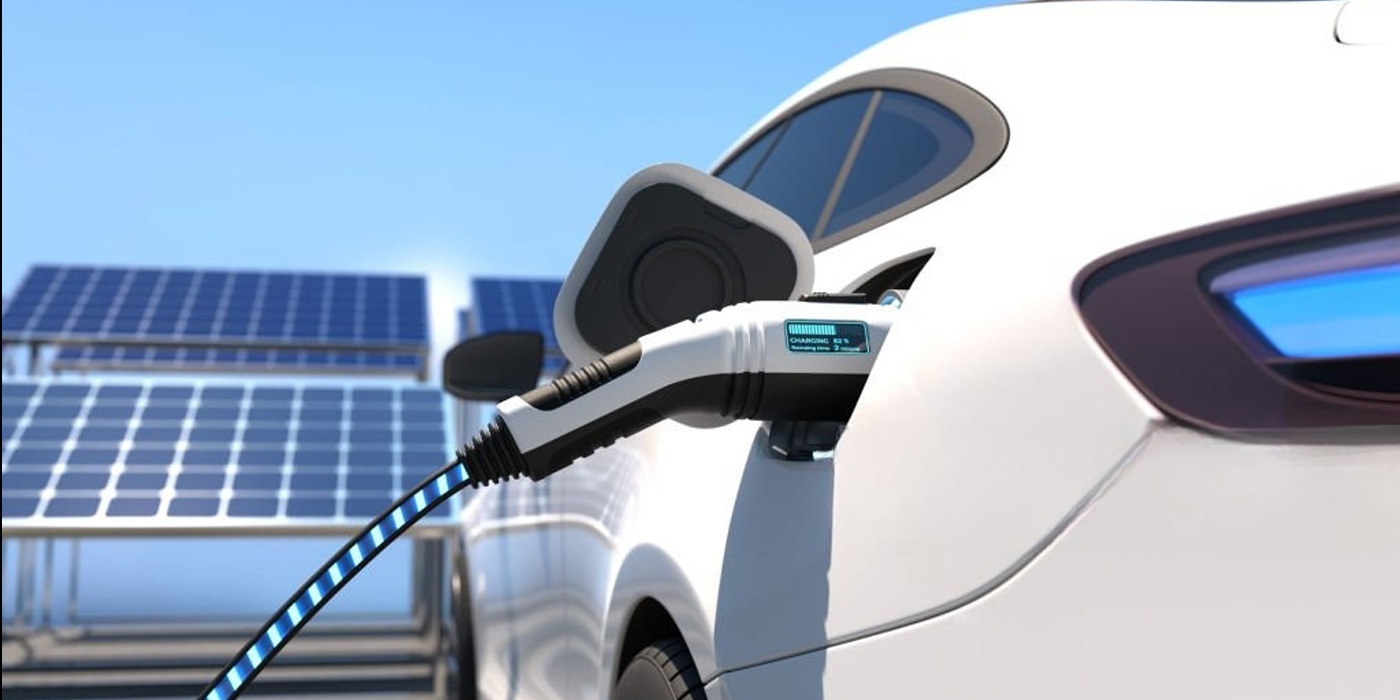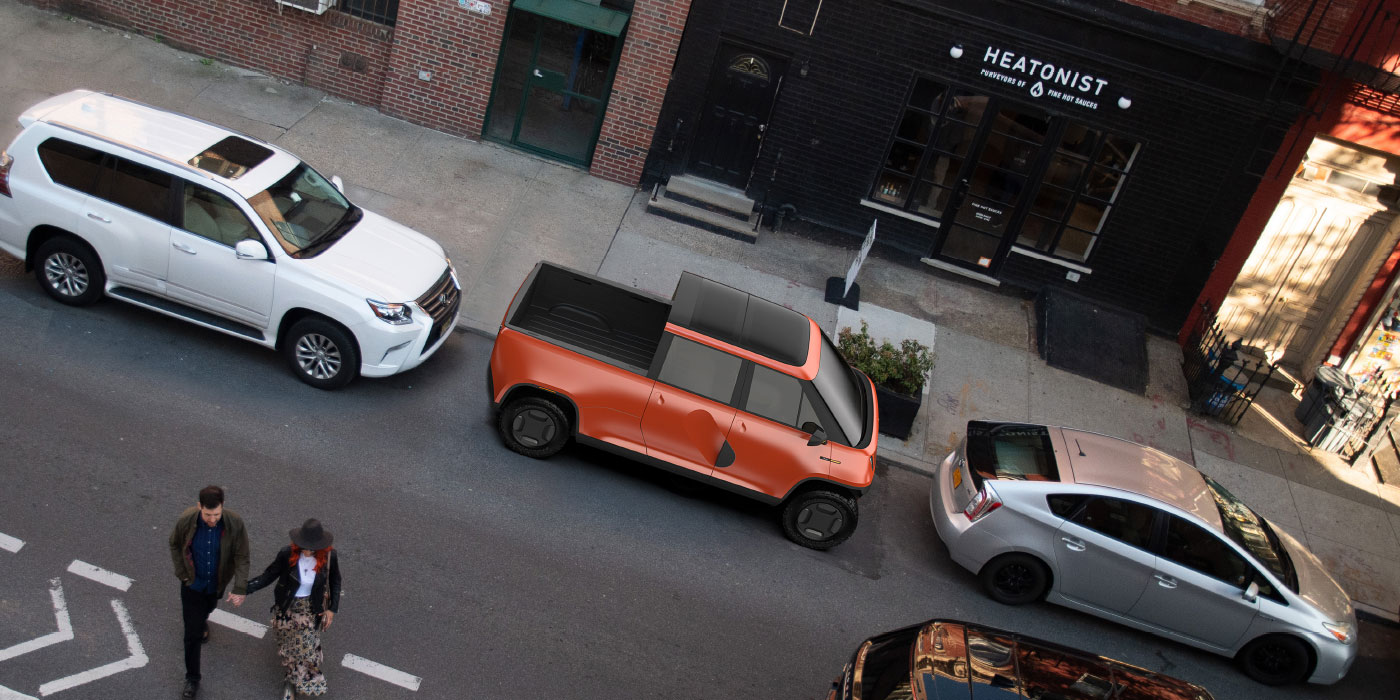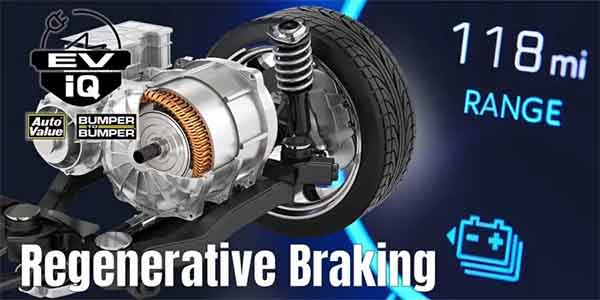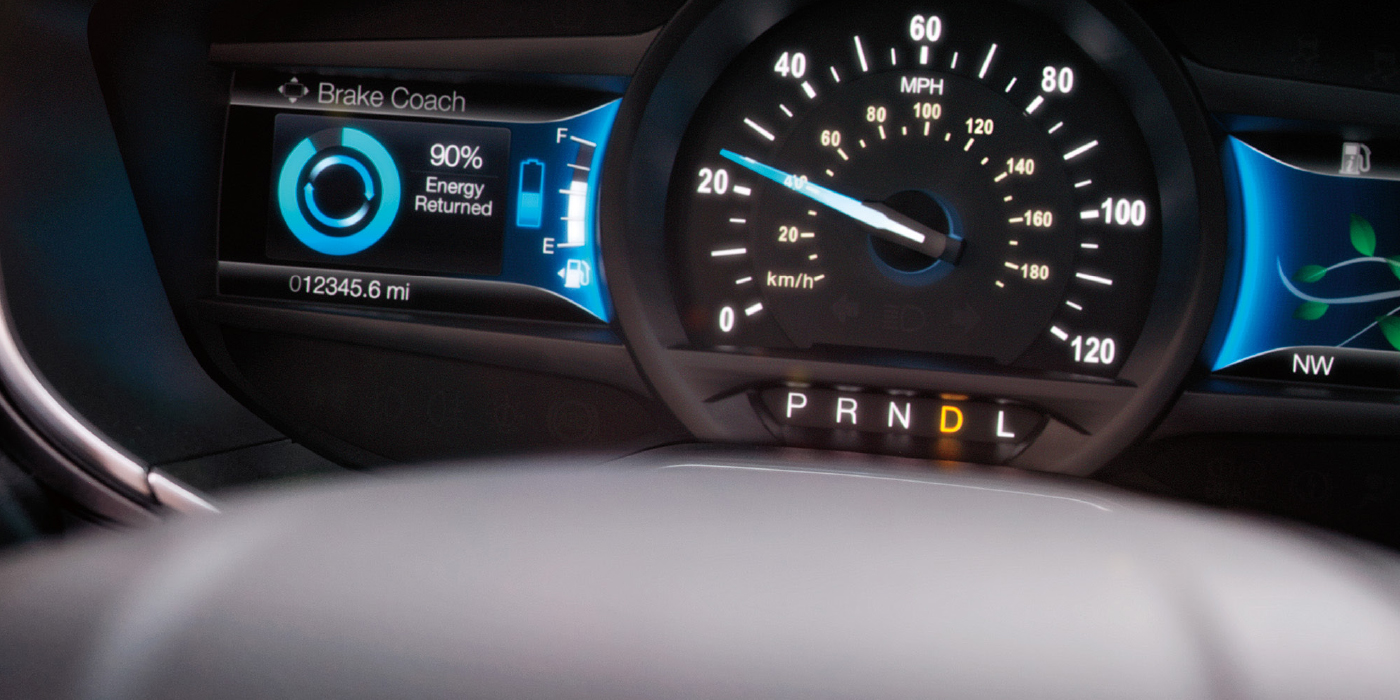Toyota Motor North America (TMNA) announced it reached an agreement with Tesla to adopt the North American Charging Standard (NACS) on its battery electric vehicles (BEVs) beginning in 2025. In line with Toyota’s vehicle electrification strategy that offers a plethora of options for electrified powertrains, Toyota and Lexus said customers will have convenient access to more than 12,000 Tesla Superchargers across North America.
Toyota said it will incorporate the NACS ports into certain Toyota and Lexus BEVs starting in 2025, including the all-new, three-row, battery-electric Toyota SUV that will be assembled at Toyota Motor Manufacturing Kentucky (TMMK). Additionally, customers owning or leasing applicable Toyota and Lexus vehicles equipped with the Combined Charging System (CCS) will be offered access to an adapter to enable NACS charging starting in 2025.
Currently, through the Toyota and Lexus apps, Toyota said customers have access to an extensive charging network, comprising over 84,000 charging ports in North America, including Level 2 and DC fast chargers. With NACS, the company said customers will have access to more charging options, especially DC fast chargers, allowing greater confidence to travel to even more destinations.

